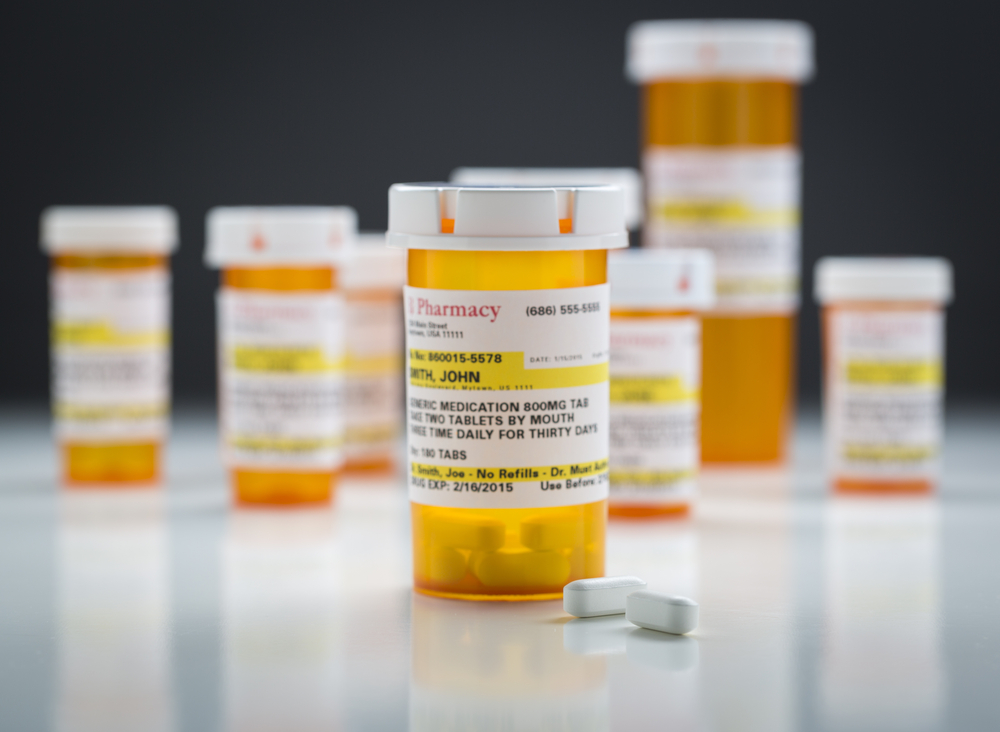Oct. 30, 2017 – FDA Commissioner Scott Gottlieb, M.D., is taking a strong leadership position in light of the nation’s opioid crisis, making a statement, in response to President Donald J. Trump’s declaration of the crisis as a public health emergency, that the FDA “has a vital role to play” on this issue, and telling Congress that the FDA will be taking three important steps to both prevent new addiction and help those who already are suffering.
“We are committed to taking additional steps under the new declaration of a public health emergency to more forcefully confront this immense national tragedy,” Gottlieb said in an Oct. 26 statement on Trump’s declaration. “This includes taking aggressive steps to prevent new addictions and opioid-related deaths, and help those currently addicted regain control and restore them to their communities.”
He noted that the severity of the opioid crisis calls for “an all-of-the-above approach that will require each of us to work together – the FDA and other governmental agencies, health care providers, the medical products industry, policy makers, patients and their families.”
“Commissioner Gottlieb appropriately has made the opioid epidemic a signature issue in his short tenure,” said Coalition for Healthcare Communication Executive Director John Kamp. “He’s absolutely right that doctor education is one of the keys to more careful use of opioids and reducing the number of addictions and deaths among our citizens.”
In Oct. 25 testimony before the House Committee on Energy and Commerce, Gottlieb named three actions the FDA will be taking:
- FDA will issue guidance for product developers as a way to promote the development of new addiction treatments;
- FDA will take steps to promote the more widespread use of existing, safe and effective FDA-approved therapies to help combat addiction; and
- FDA will join efforts to break the stigma associated with addiction treatment medications.
“This stigma serves to keep many Americans who are seeking a life of sobriety from reaching their goal,” according to Gottlieb’s testimony. “In this case, in the setting of a public health crisis, we need to take a more active role in challenging these conventions around medical therapy.”
He pointed to a flawed premise that some believe: if individuals still require medication to treat their illness, they are not in full recovery. “This attitude reveals a flawed interpretation of science,” Gottlieb said. “It stems from a key misunderstanding many of us have of the difference between a physical dependence and an addiction … Someone who requires long-term treatment for opioid addiction with medications – including those that cause physical dependence – is not addicted to those medications.”
In concluding his testimony, Gottlieb told the committee that together, they all need “to embrace long-term treatment with proven therapies to address this crisis” and that the FDA “will step up our efforts to do our part to promote these goals.”




